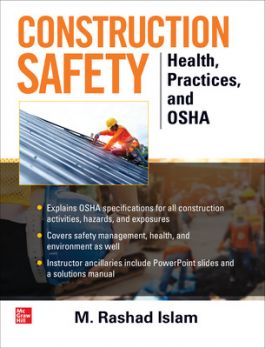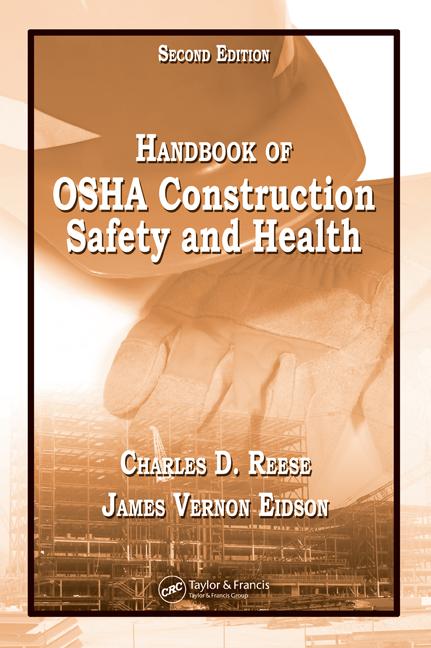Pending bill would give OSHA more enforcement tools
Changes include felony charges for certain violations

The Protecting America's Workers Act currently pending in Congress would strengthen and modernize the Occupational Safety and Health Act of 1970 by giving OSHA additional tools to ensure that employers promptly correct hazardous working conditions, protect workers from retaliation when they blow the whistle on unsafe working conditions, and hold employers accountable for violations that cause death or serious injury to workers.
"OSHA needs set deadlines for states to improve their programs and assist states where they can with training, while Congress needs to live up to its end of the bargain by providing adequate funding for state OSHA plans," said California Congressman George Miller, the ranking Democrat on the House Education and the Workforce Committee.
Specifically, the bill will:
- Protect millions of workers by expanding OSHA coverage to state and local government employees in 25 states, and expand OSHA coverage to include federal employees.
- Adjust civil penalties that had been eroded by inflation since they were last increased in 1990.
- Authorize felony prosecutions against employers who knowingly commit OSHA violations that result in death or serious bodily injury and extend such penalties to corporate officers and directors. Criminal penalties are misdemeanors under current law.
- Ensure worker safety is protected in a timely manner by mandating that employers correct hazardous conditions while a citation for a serious, willful or repeat violation is being contested. Currently, the requirement to abate violations is stayed while a violation is litigated, leaving workers in harm’s way.
- Require OSHA to investigate all cases of death and serious injuries that occur within a place of employment.
- Improve whistleblower protection for workers who call attention to unsafe working conditions.
- Establish rights for families of workers who were killed on the job, by giving families the right to meet with OSHA investigators, receive copies of citations, and to have an opportunity to make a statement before any settlement negotiations.
- Improve protections for workers in state plans by allowing the Secretary of Labor to assert concurrent enforcement authority in those states where the plan is substantially out of compliance with minimum requirements needed to protect workers’ safety and health, as recommended by a Government Accountability Office report
Looking for a reprint of this article?
From high-res PDFs to custom plaques, order your copy today!






